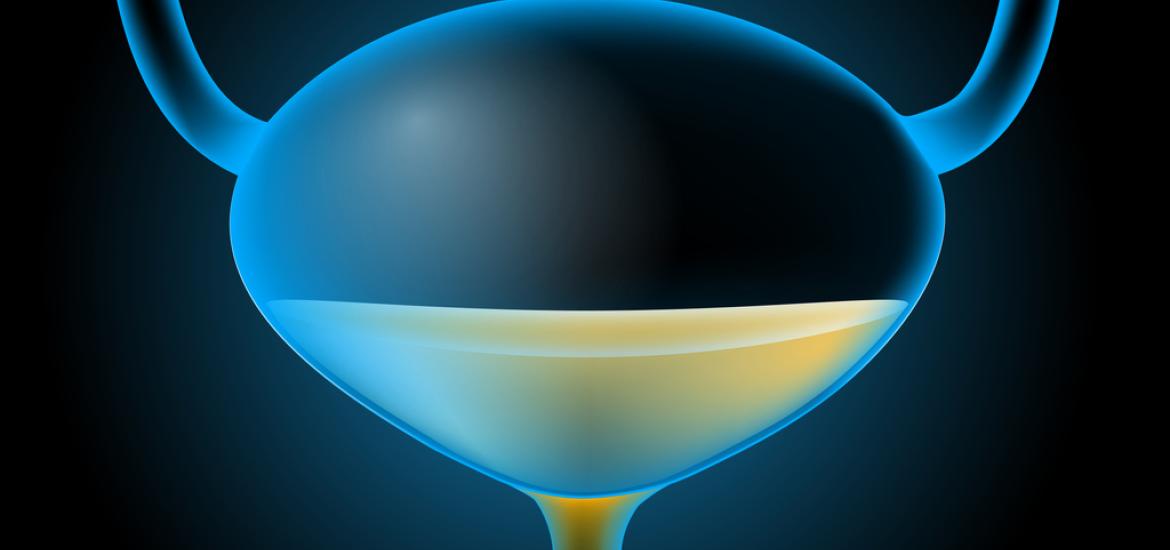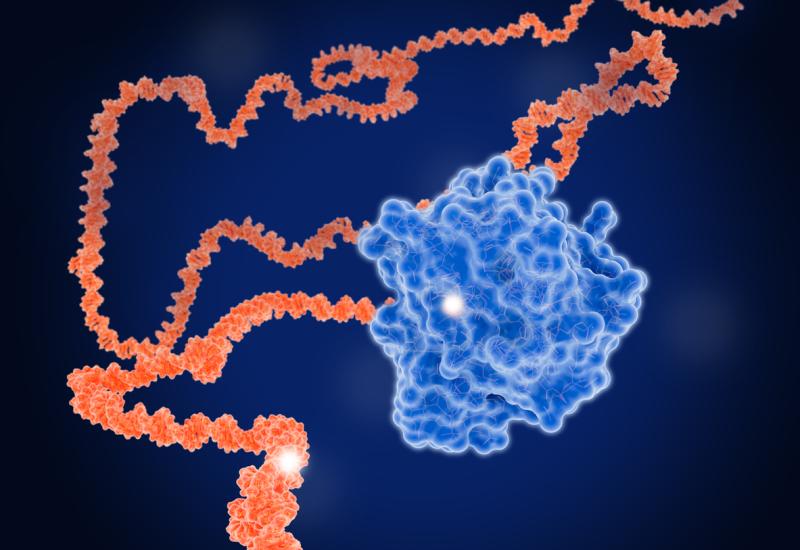
Why Astra won’t find bladder cancer domination easy
After Niagara the company faces three pivotal catalysts; none is a slam-dunk.
After Niagara the company faces three pivotal catalysts; none is a slam-dunk.

Having claimed success in Imfinzi’s Niagara study, which AstraZeneca said was the first for any immunotherapy regimen given before and after surgery to extend survival in bladder cancer, the company has its sights set on three other near-term pivotal readouts in this cancer type.
Niagara is in particular focus because full data from it are to be revealed in a late-breaker at ESMO’s presidential session this month. Astra’s next bladder cancer catalyst is the first-line Nile study, before Volga, in cisplatin-ineligible patients, and Potomac, in non-muscle invasive disease, read out next year. Despite recent enthusiasm, Astra won’t have an easy ride.
Nile, due to read out imminently, is a good example: this trial, testing Imfinzi plus chemo, with or without Imjudo, against chemo alone in front-line metastatic bladder cancer, has been extensively delayed. Astra initially said data from it and a regulatory filing would happen in 2021, but timelines were pushed back.
In 2020 Nile’s enrolment target shot up from 885 to 1,434 patients, with OS becoming the sole primary endpoint, and PFS shifting to a secondary; a year later the target fell slightly to 1,292 patients. Such changes are often a sign of a trial sponsor wanting to maximise the chances of a positive result in the face of an apparently waning effect size.
A key consideration in metastatic bladder cancer is the knockout success of Keytruda plus Padcev in the Keynote-A39 trial, which effectively established this combo as a new standard. In parallel, Opdivo plus chemo has been approved based on Checkmate-901, and both studies will loom large over any benefit Astra can show against chemo alone – hardly a relevant comparator any more – in Nile.
A nod to Padcev’s dominance is the design of Astra’s Volga study, due to read out in the second half of 2025. Volga enrols cisplatin-ineligible bladder cancer patients (this was Keytruda/Padcev’s first approved population), and gives Imfinzi, again with or without Imjudo, on top of the Pfizer/Astellas drug.
Earlier settings
If the metastatic settings look tough, the path forward based on Niagara might not be straightforward either, even if the data do turn out to be amazing.
This is because Niagara had two separate stages, Imfinzi plus chemo in the neoadjuvant setting followed by Imfinzi monotherapy after tumour resection. A recent US adcom criticised trials with such a design, where it’s impossible to discern the neoadjuvant and adjuvant stages’ contributions to the overall result, so it’s unclear whether Niagara alone can back an FDA approval.
Finally for Astra there is the Potomac study, testing Imfinzi plus BCG versus BCG in non-muscle invasive bladder cancer, another relatively early setting, and due to yield data in the first half of next year.
Non-muscle invasive disease once looked like white space, and a US shortage of BCG (the Bacillus Calmette-Guérin vaccine) exacerbated the problems faced by patients presenting with bladder cancer at this stage. However, a flurry of clinical successes has led to recent approvals of Keytruda, Ferring’s Adstiladrin and ImmunityBio’s Anktiva.
Others are waiting in the wings, with the recently listed biotech CG Oncology expecting imminent data with its oncolytic virus cretostimogene grenadenorepvec, and Johnson & Johnson pushing hard with TAR-210 and TAR-200, two iterations of an intravesical drug delivery system it acquired in its 2019 purchase of Taris Biomedical.
Any success in Potomac will have to be weighed against the possibility of Imfinzi being sixth in line to the non-muscle invasive bladder cancer throne.
AstraZeneca's pivotal bladder cancer catalysts
| Trial | Setting | Design | Readout |
|---|---|---|---|
| Niagara | Perioperative bladder cancer | Imfinzi + chemo (neoadjuvant), then Imfinzi (adjuvant), vs chemo | Toplined positive for EFS & OS Jun 2024; full data due at ESMO 2024 presidential session |
| Nile | 1L metastatic bladder cancer | Imfinzi + chemo +/- Imjudo, vs chemo | Data due H2 2024 (delayed from 2021) |
| Potomac | NMIBC | Imfinzi + BCG, vs BCG | Data due H1 2025 |
| Volga | 1L cisplatin-ineligible MIBC | Imfinzi + Padcev +/- Imjudo, vs radical cystectomy | Data due H2 2025 |
Notes: MIBC=muscle-invasive bladder cancer; NMIBC=non-muscle invasive bladder cancer. Source: OncologyPipeline, clinicaltrials.gov & company Q2 2024 presentation.
1728













